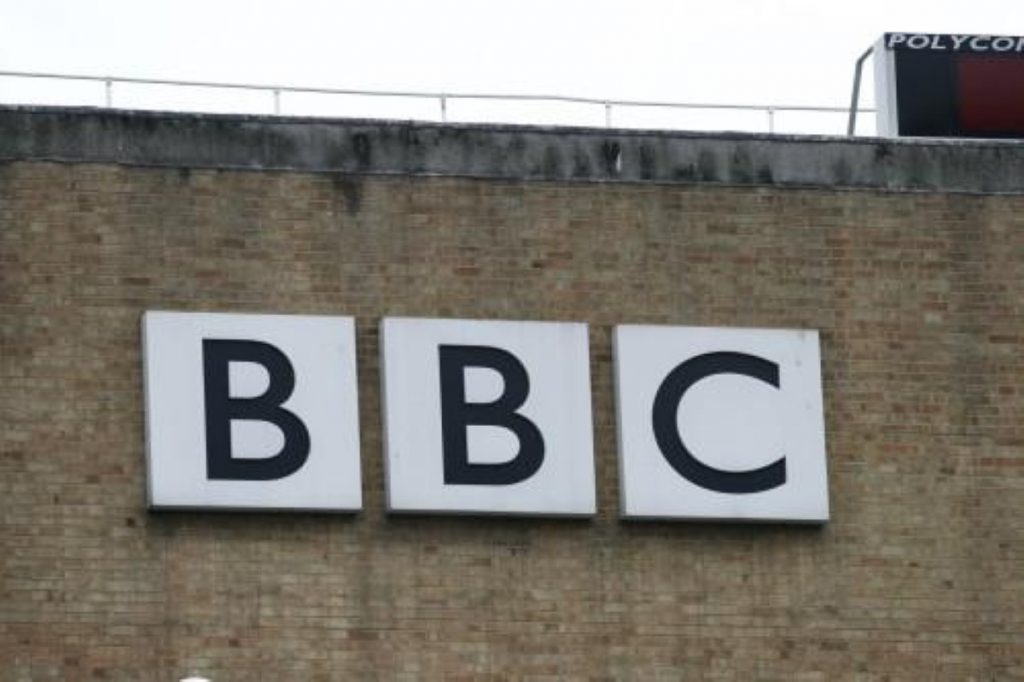New BBC trust unveiled as corp cuts funding bid
The BBC has today unveiled the members of its new trust, charged with ensuring the corporation delivers “public value” and does not squeeze competitors out of the market.
Eight new members will join the chairman, Michael Grade, and three former BBC governors from November 1st in holding to account the new managerial board that will replace the BBC’s existing board of governors.
The announcement comes after BBC director general Mark Thompson yesterday announced the corporation was cutting its bid for government funding from an increase of 2.3 per cent above inflation to 1.8 per cent above.
This would mean a licence fee of £149 a year in today’s prices by 2013/14, compared to the current fee of £131.50. A recent Work Foundation report revealed taxpayers were willing to pay up to £162.66 for the BBC every year.


Mr Thompson said the new bid would still include the cost of switching the nation over from analogue to digital television and radio, as well as investment in new services, although it does not include the cost of helping the most vulnerable in the switchover.
“This is a project of great size and intricacy. The risks are formidable. If it is under resourced it will fail. It’s a simple as that – and the failure will impact on many millions of households,” he told the Smith Institute.
The lower bid will also only be possible if broadcasting regulator Ofcom decides not to charge spectrum tax – a levy on using the airwaves – on the BBC over the next licence period, a cost that would account for 0.25 percentage points of the reduction.
Liberal Democrat culture spokesman Don Foster noted that this exemption meant the BBC had only cut its bid by £250 million (2.05 per cent above inflation) – something he said was a “drop in the ocean” amid the demand for £6 billion extra funding.
“It’s the Treasury’s failure to decide what has to be included in the licence fee that is creating the greatest uncertainty. We still don’t know if the BBC will have to pay a ‘spectrum charge’ or for the cost of helping vulnerable people switch to digital,” he said.
“It’s equally disturbing that we don’t know for how long the licence fee agreement will last. A three-year agreement, as some are proposing, would be a disaster and would give the BBC no security to plan its future during the switch to digital.”
Shadow culture secretary Hugo Swire added: “It is encouraging that the BBC has accepted its first gambit was too high, but until we have the full cost estimates in the public domain, very few people will accept this revised figure.
“The BBC cannot keep hiding behind a selective survey on willingness to pay as justification for an overgenerous increase. This is a public service broadcaster and as such should offer the best possible value for money, not what the viewing public will put up with.”
Three former BBC governors, Dermot Gleeson, Jeremy Peat and Richard Tait, will sit on the independent trust and be joined by eight new members – Chitra Bharucha (vice-chairman), Diane Coyle, Janet Lewis-Jones, Alison Hastings, Patricia Hodgson, Rotha Johnston, David Liddiment and Mehmuda Mian Pritchard.

